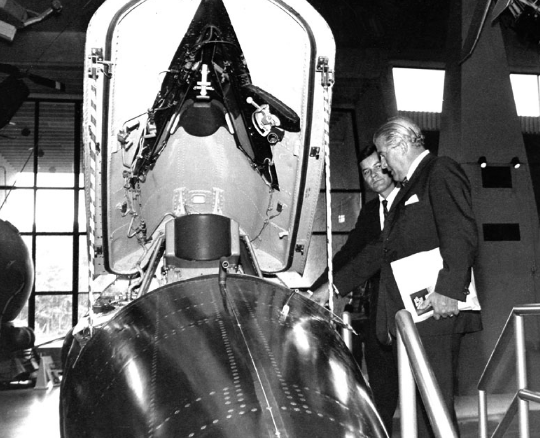
Liu Boming leaving China’s new Tiangong space station earlier this month to go on the second space walk in the country’s history. The low Earth orbit station is part of an ambitious development strategy in the heavens rather than on land – a sort of belt and rocket initiative. Beijing says interest from other countries is enormous. One goal: to build new soft-power alliances. Once China completes the Tiangong space station next year, it is likely to invite foreign astronauts to take part in missions. It’s not like the difference between an F15 fighter jet and a 737 passenger plane,” Hilborne says. The People’s Liberation Army integrates reconnaissance and navigation data in military command and control systems, the DNI says. The Biden administration suspects Chinese satellites are being used for non-civilian purposes. It warns: “Beijing is working to match or exceed US capabilities in space to gain the military, economic, and prestige benefits that Washington has accrued from space leadership.” In its annual threat assessment this April, the office of the US Director of National Intelligence (DNI) described China as a “near-peer competitor” pushing for global power. Its operations may yet be extended in the face of increasing Chinese competition. The station’s future beyond 2028 is uncertain.

Taikonauts are banned from visiting the ISS, which has hosted astronauts from 19 countries over the past 20 years. In 2011 Congress prohibited US scientists from cooperating with Beijing. The biggest challenge to US space supremacy comes not from Russia – heir to the Soviet Union’s pioneering space programme, which launched the Sputnik satellite and got the first human into space in the form of Yuri Gagarin – but from China. They are not written for asteroid mining or for a time when companies dominate.” “Astropolitics follows terrapolitics,” says Mark Hilborne, a lecturer in defence studies at King’s College London. Later this year Musk is due to send his own all-civilian crew into orbit – though he isn’t going himself.Įven so, space still reflects tensions on Earth. Elon Musk’s SpaceX vehicles have made numerous flights to the International Space Station (ISS), and since last year they have transported people as well as cargo. Non-state actors play an increasingly important role in space exploration. On Tuesday, Branson’s fellow billionaire Jeff Bezos is due to travel in his own reusable craft, New Shepard, built by the Amazon founder’s company Blue Origin and launched from west Texas.īillionaire Richard Branson floats in zero gravity at the edge of space on Virgin Galactic’s rocket. On Sunday Richard Branson flew to the edge of space and back again in his Virgin Galactic passenger rocket. The European Space Agency is active too, while the UK boasts the most private space startups after the US.

About 72 countries have space programmes, including India, Brazil, Japan, Canada, South Korea and the UAE. It is less ideological and a lot more crowded. The frantic tempo of the China National Space Administration’s (CNSA) recent programme is reminiscent of the cold war, when Moscow and Washington were superpower rivals scrambling to put the first man in space and land on the moon. There is no answer yet: so far it has travelled just over 410 metres.Ĭhina is only the second country to land and operate a rover on the red planet, after the US. Since landing in May the Zhurong probe has been busy seeking clues as to whether Mars once supported life. There is even sound: an eerie mechanical groaning. Video shows the vehicle trundling over a rocky surface. Meanwhile, on Mars, a Chinese rover was exploring.


 0 kommentar(er)
0 kommentar(er)
